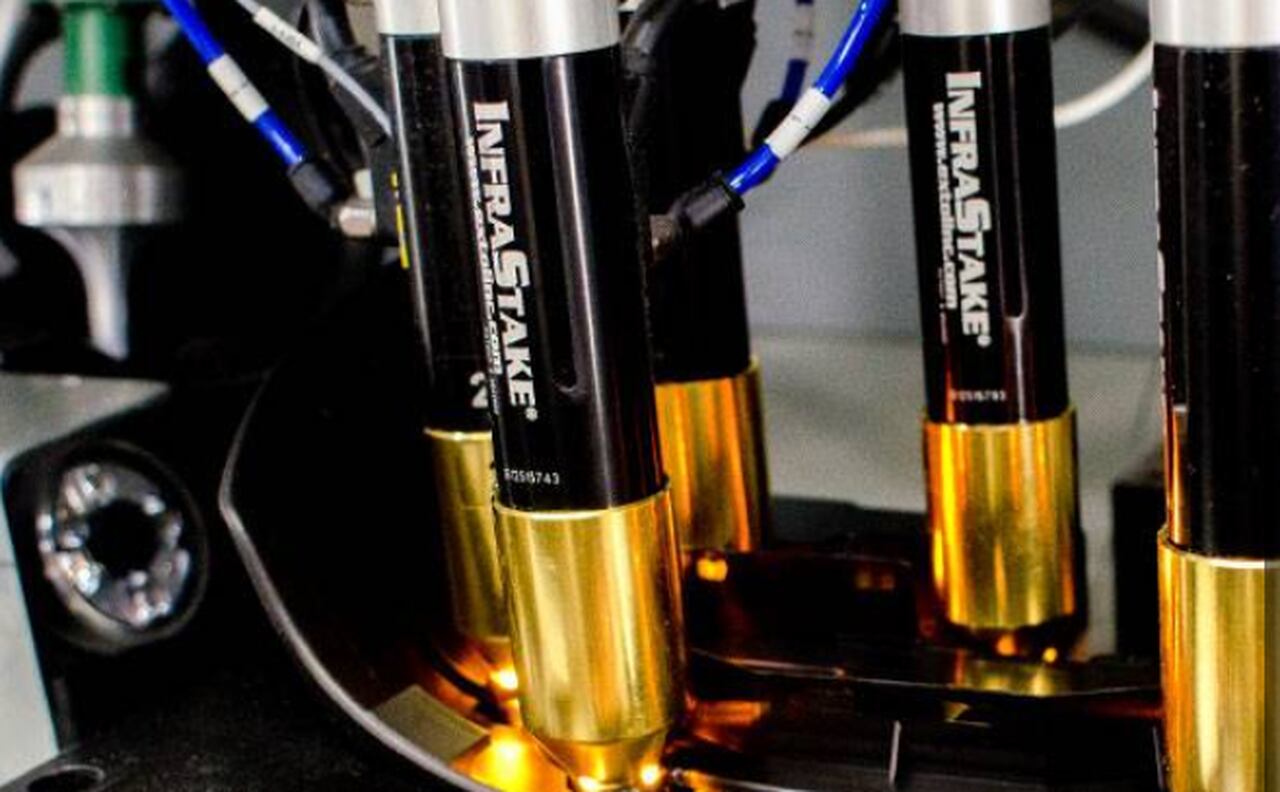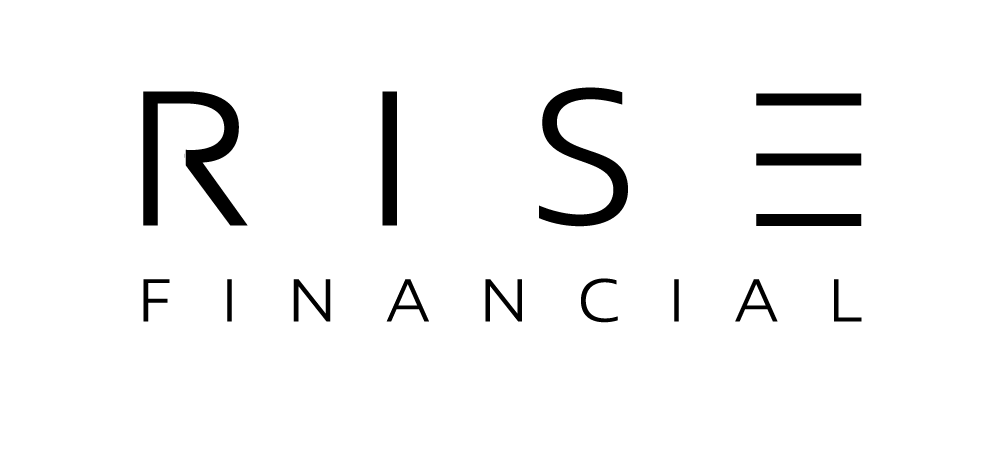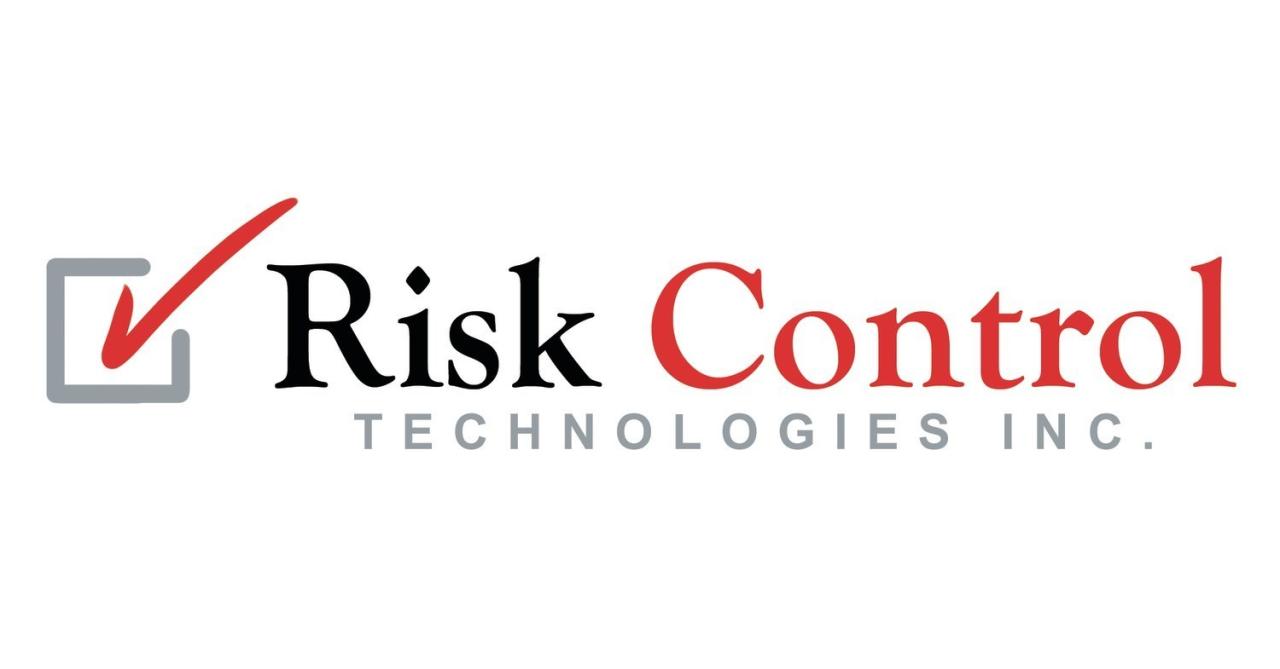Remote Control Technologies: A Journey Through Time
Remote control technologies have revolutionized the way we interact with the world around us, from simple tasks like changing channels on a television to complex operations like piloting drones and […]

Remote control technologies have revolutionized the way we interact with the world around us, from simple tasks like changing channels on a television to complex operations like piloting drones and controlling industrial robots. This journey through time explores the evolution of remote control, from its humble beginnings to its sophisticated modern forms, highlighting the innovations that have shaped our world.
From the early days of mechanical systems to the wireless marvels of today, remote control has continuously evolved, driven by technological advancements and the insatiable human desire for convenience and control. This exploration delves into the various types of remote control technologies, their applications across diverse industries, and the exciting future that awaits.
Social and Ethical Implications

Remote control technologies, while offering numerous conveniences and advancements, also raise significant social and ethical concerns. The potential for misuse, job displacement, and erosion of privacy demands careful consideration and proactive measures to mitigate these risks.
Potential for Misuse
Remote control technologies, while offering numerous conveniences and advancements, also raise significant social and ethical concerns. The potential for misuse, job displacement, and erosion of privacy demands careful consideration and proactive measures to mitigate these risks.
- Malicious Use: Remote control technologies can be exploited for malicious purposes, such as hacking into systems, controlling devices without authorization, or causing physical harm. For example, a hacker could remotely control a drone to deliver explosives or a self-driving car to cause an accident.
- Privacy Violations: Remote control technologies can be used to monitor and track individuals without their consent. For example, surveillance drones equipped with facial recognition software could be used to track people’s movements or identify individuals in crowds.
- Discrimination: Remote control technologies can be used to discriminate against individuals based on their race, gender, or other protected characteristics. For example, a facial recognition system used for security purposes could be biased against certain groups, leading to unfair targeting.
Job Displacement, Remote control technologies
The widespread adoption of remote control technologies can lead to job displacement, particularly in industries where tasks can be automated. This could exacerbate economic inequality and social unrest.
- Automation of Labor: Remote control technologies can automate tasks previously performed by humans, leading to job losses in sectors such as manufacturing, transportation, and customer service. For example, self-driving trucks could replace human truck drivers, leading to widespread unemployment in the transportation industry.
- Skill Gap: The rapid advancement of remote control technologies can create a skill gap, as workers struggle to adapt to new technologies and acquire the necessary skills. This can lead to unemployment and underemployment, particularly among workers with limited education or training.
- Economic Inequality: Job displacement caused by remote control technologies can exacerbate economic inequality, as workers who lose their jobs struggle to find new employment or earn a living wage. This can lead to social unrest and political instability.
Erosion of Privacy
Remote control technologies can erode privacy by enabling the collection and analysis of personal data without consent. This can have significant implications for individual freedom and autonomy.
- Data Collection: Remote control technologies can collect vast amounts of personal data, including location data, browsing history, and communication patterns. This data can be used to profile individuals and target them with personalized advertising or surveillance.
- Surveillance: Remote control technologies can be used to monitor and track individuals without their knowledge or consent. For example, drones equipped with cameras can be used to surveil public spaces, and smart home devices can be used to collect data about people’s activities within their homes.
- Loss of Autonomy: The constant monitoring and collection of personal data can erode individual autonomy and freedom. Individuals may feel pressured to conform to social norms or avoid behaviors that could be tracked and used against them.
Solutions and Strategies
Addressing the social and ethical implications of remote control technologies requires a multi-faceted approach that involves collaboration between governments, industry, and civil society.
| Implication | Description | Solution |
|---|---|---|
| Potential for Misuse | Remote control technologies can be exploited for malicious purposes, such as hacking into systems, controlling devices without authorization, or causing physical harm. | Implement robust security measures to protect systems from hacking and unauthorized access. Develop ethical guidelines for the use of remote control technologies and establish accountability mechanisms for misuse. |
| Job Displacement | The widespread adoption of remote control technologies can lead to job displacement, particularly in industries where tasks can be automated. | Invest in education and training programs to equip workers with the skills needed to adapt to new technologies. Provide support for displaced workers, such as unemployment benefits and job retraining programs. Promote policies that encourage the creation of new jobs in emerging sectors. |
| Erosion of Privacy | Remote control technologies can erode privacy by enabling the collection and analysis of personal data without consent. | Enact data privacy laws that protect individuals’ rights to control their personal data. Implement technologies that enhance privacy, such as data anonymization and encryption. Promote ethical data collection practices and transparency about how data is used. |
Final Thoughts: Remote Control Technologies

As we stand at the precipice of a future brimming with technological possibilities, the potential of remote control technologies seems boundless. From voice-activated devices to gesture-controlled interfaces, the future of remote control promises a seamless and intuitive interaction with our surroundings. The journey of remote control, however, is not without its challenges. Addressing security and privacy concerns, navigating ethical dilemmas, and ensuring responsible development are crucial considerations as we shape the future of this transformative technology.
Remote control technologies have revolutionized the way we interact with the world around us, from controlling our home appliances to piloting drones. This same principle of remote control has also found its way into the realm of recreation technology , where we can now experience virtual worlds, play interactive games, and control our entertainment systems with ease.
The possibilities for remote control technologies in recreation are endless, promising an exciting future filled with immersive and engaging experiences.








